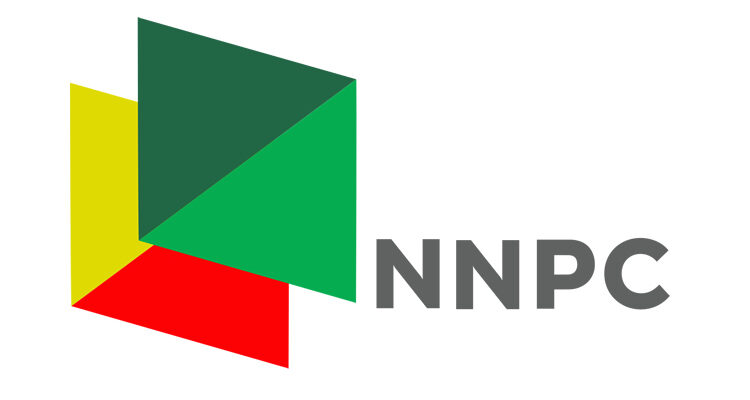
Nigerians have urged the Federal Government to conduct fresh tests on petrol sold across the country following a viral video alleging that fuel from the Nigerian National Petroleum Company Limited (NNPC) burns faster than petrol from the Dangote Refinery.
The calls came after a content creator conducted a side-by-side test using two generators powered by petrol from both sources. According to the video, a litre of petrol purchased from MRS filling station, sourced from Dangote Refinery, lasted 30 minutes, while a litre from an NNPC station ran out after just 17 minutes.
The video sparked widespread debate, with many Nigerians questioning the quality of NNPC’s fuel and demanding independent verification from regulatory agencies like the Federal Competition and Consumer Protection Council (FCCPC).
NNPC Denies Allegations
In a swift response, NNPC dismissed the claims, labeling the experiment “unverified, amateurish, and lacking professional oversight.”
“The NNPC Ltd strongly refutes the false and misleading allegations made in a viral video. This assertion is baseless and entirely unfounded,” the company’s spokesperson, Olufemi Soneye, said in a statement on Saturday.
He further clarified that a significant portion of petrol sold in Lagos NNPC stations is sourced from the Dangote Refinery. However, some officials at the refinery denied the claim, expressing surprise at being dragged into the controversy.
Public Outcry and Mixed Reactions
On social media, Nigerians voiced skepticism and called for independent tests.
“It is actually one of the easiest experiments anyone can try. The FCCPC can indeed supervise this,” one user commented. Another suggested using the same generator for both tests to eliminate potential discrepancies.
Others claimed to have experienced similar burn-rate differences. “All that needs to be done is to switch the fuel types and generators for a more objective assessment. From experience, MRS fuel lasts longer,” a user stated.
PETROAN Backs NNPC
The Petroleum Products Retail Outlet Owners Association of Nigeria (PETROAN) defended the NNPC, insisting its products meet industry standards.
In a statement by its spokesperson, Joseph Obele, PETROAN said:
“As part of our oversight function, we engage independent laboratories to test and verify the quality of petroleum products. Our tests show that NNPC fuel meets and exceeds regulatory standards.”
The association detailed tests conducted for flash point, density, viscosity, sulfur content, and water content, all of which it said returned satisfactory results.
Calls for Transparency
Amid the heated debate, many Nigerians have urged the NNPC to conduct its own public experiment to rebuild consumer trust.
“NNPC should replicate the test with clear documentation. Transparency is key here,” one commentator stated.
With concerns about fuel quality and pricing persisting, the call for transparent, independent testing continues to grow, even as NNPC insists its products are safe and efficient.

Comments